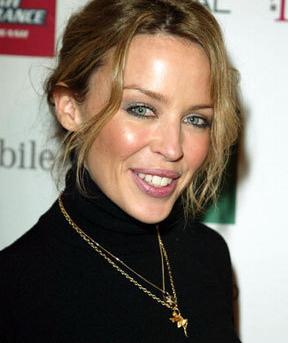Singer Kylie Minogue’s public battle with breast cancer prompted more women to have screening checks, even though some of these were ineffective, an Australian expert said Monday.
Kylie Minogue, who was diagnosed with the disease in 2005 aged 36, had created a rise in screening tests, the so-called “Kylie Effect”, according to doctor Helen Zorbas, who was the director of the National Breast and Ovarian Cancer Center.
Helen Zorbas said when more and more famous women such as Minogue and actress Christina Applegate developed the disease, “you could be forgiven for thinking there was an epidemic among the young.”
But while breast cancer was the most common cancer and the greatest cause of cancer death in women, only about six percent of the 12,000 Australian women diagnosed with the disease each year were under 40.
The director of the National Breast and Ovarian Cancer Center also revealed: “It is important to dispel the misconceptions, address unnecessary alarm and provide the facts for this age group. The so-called ‘Kylie Effect’ led to an increase in the number of women who made bookings for mammograms but many of these women were in the under 40 age group, where mammographic screening is not effective.”
Helen Zorbas said a mammogram, a type of imaging X-ray screening used to detect and diagnose breast disease, was able to clearly detect a cancer in older women but it was almost impossible to find a lump in young women’s breasts because of the difference in tissue.
She added: “Although screening mammography is effective in finding cancers early and saving lives in older women, at this time, there is no effective screening test for breast cancer in women under 40.”
Helen Zorbas said the best way for young women to detect the disease was for them to know their own bodies and pick up any changes in their breasts or signs of the disease early.
